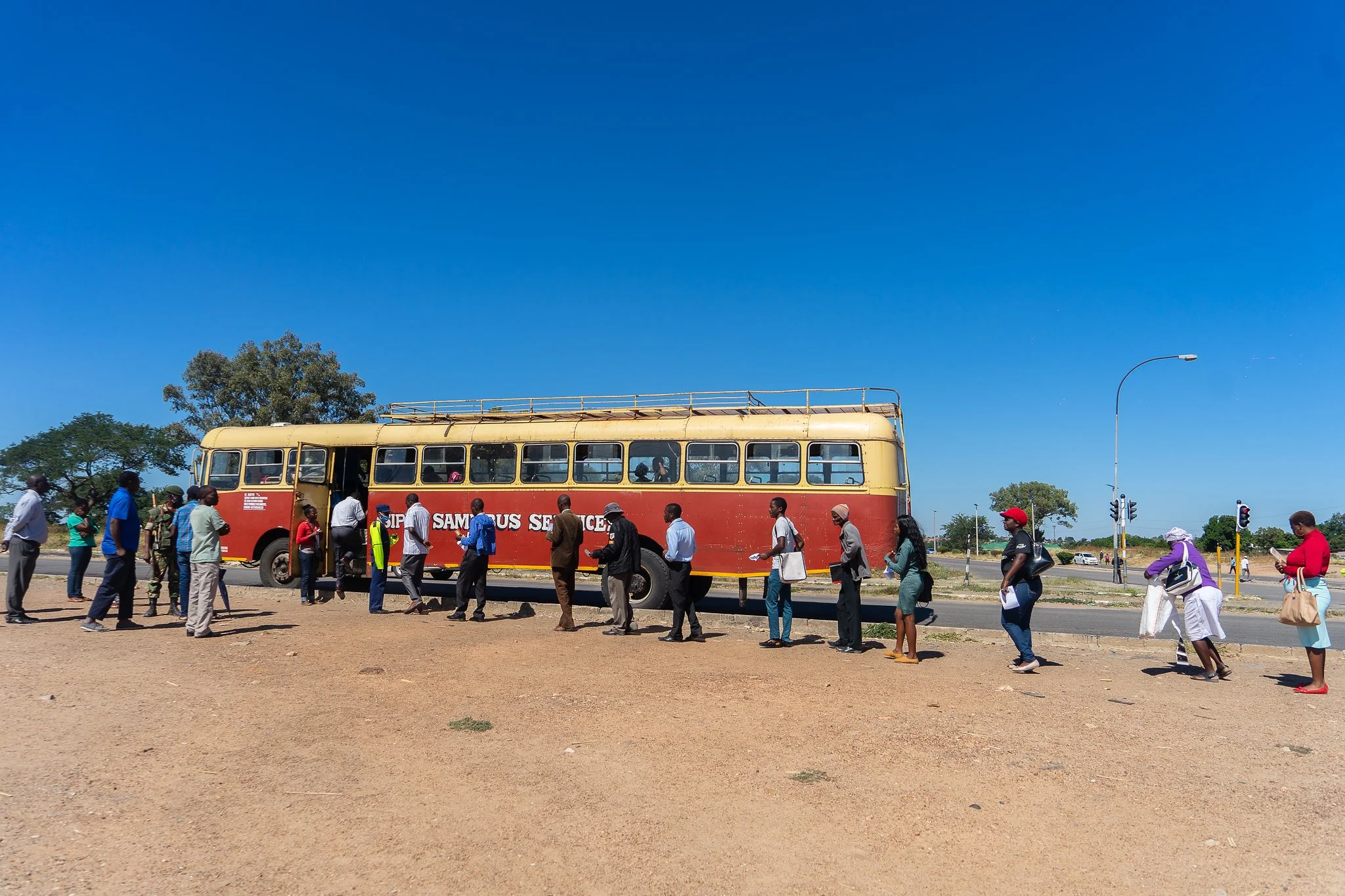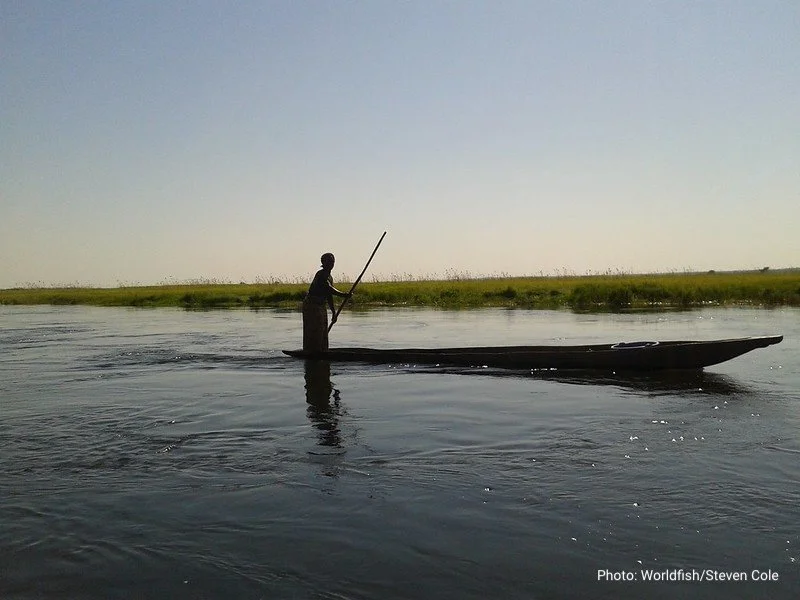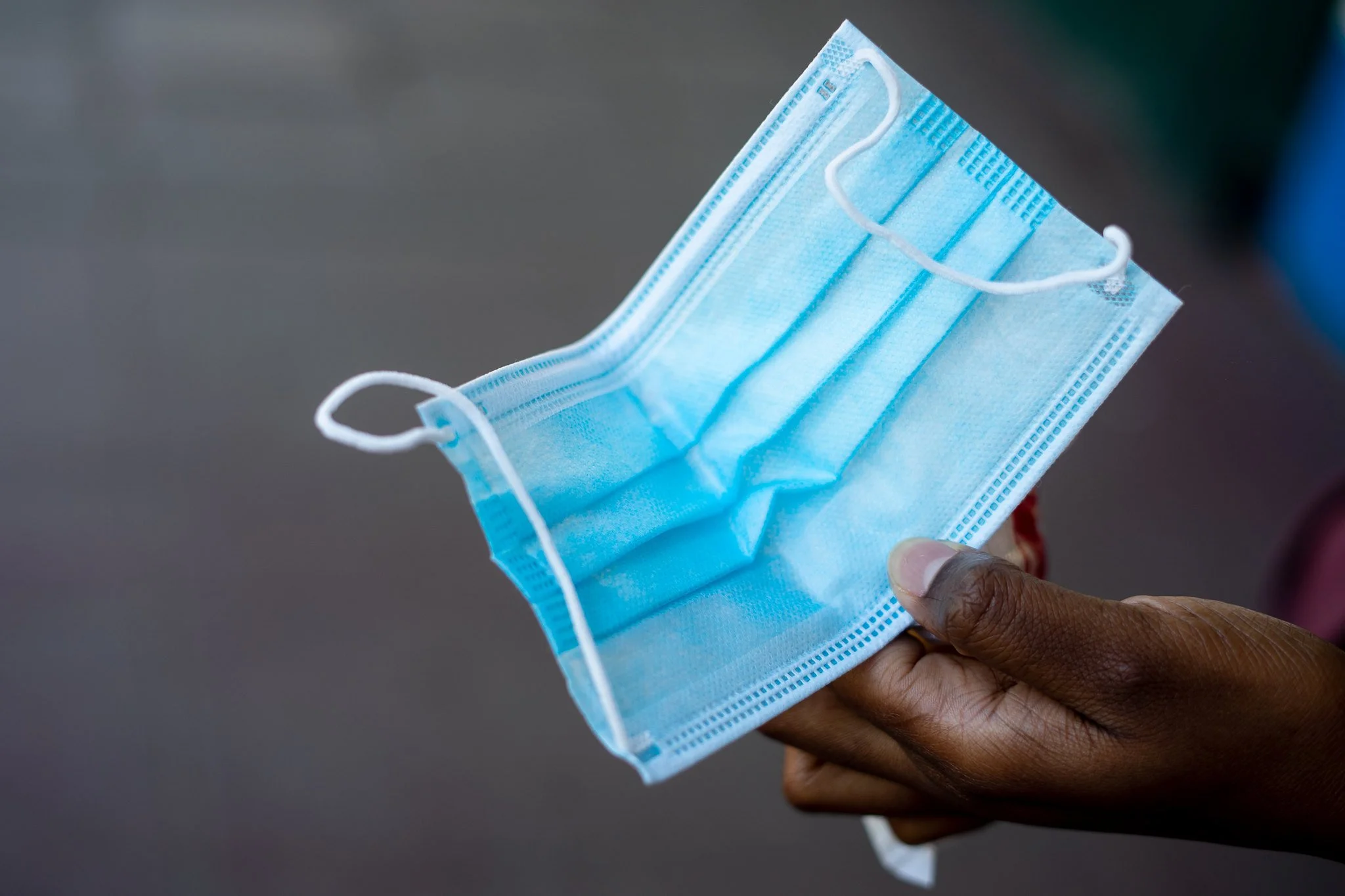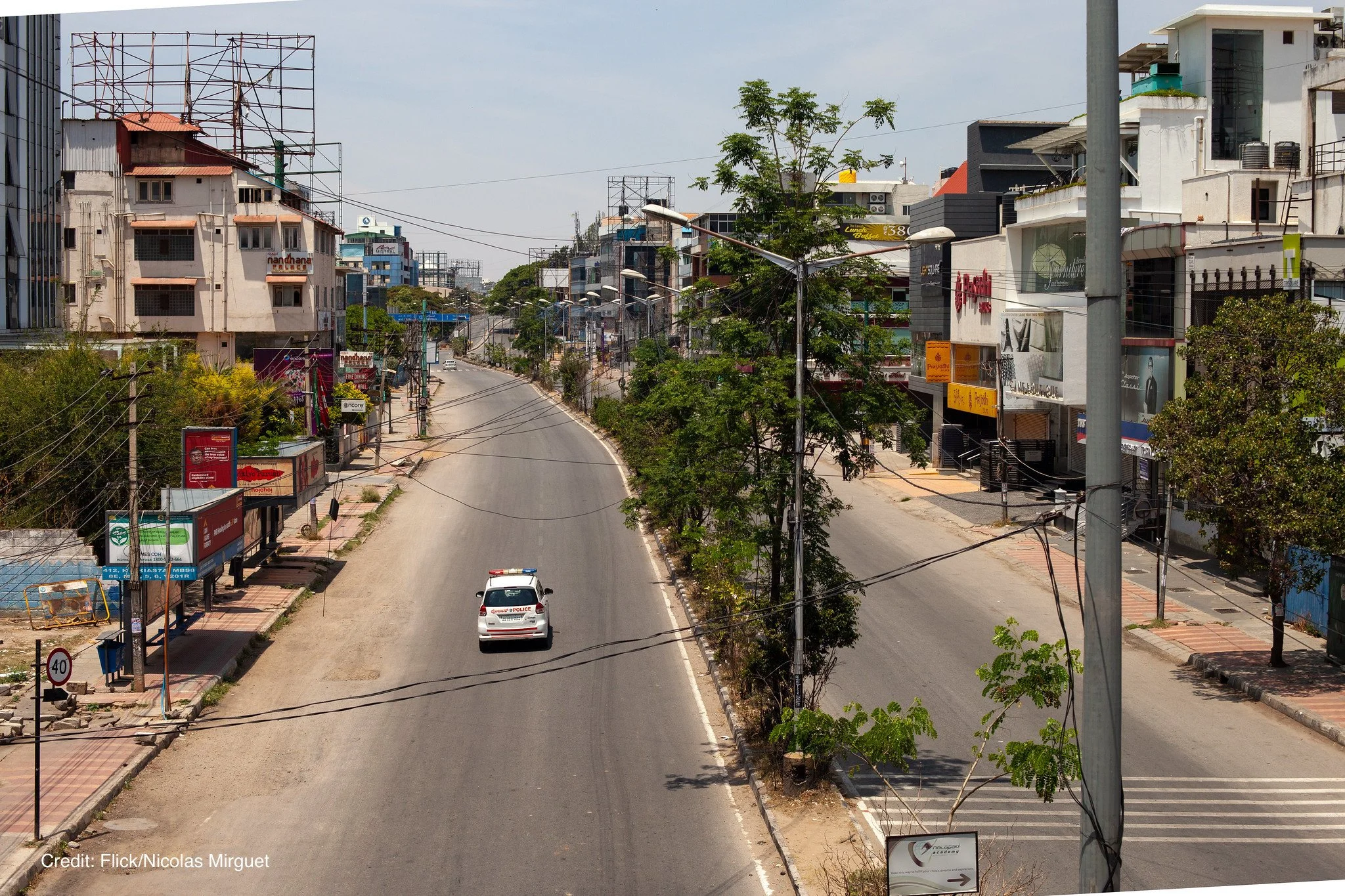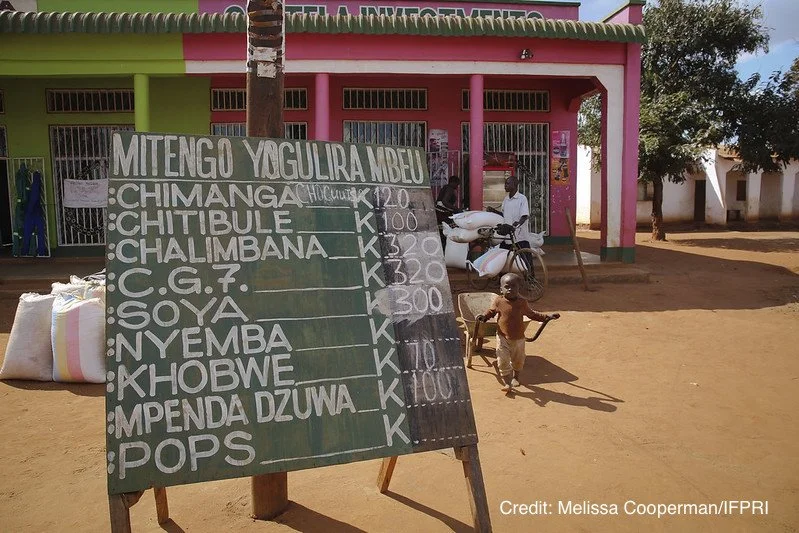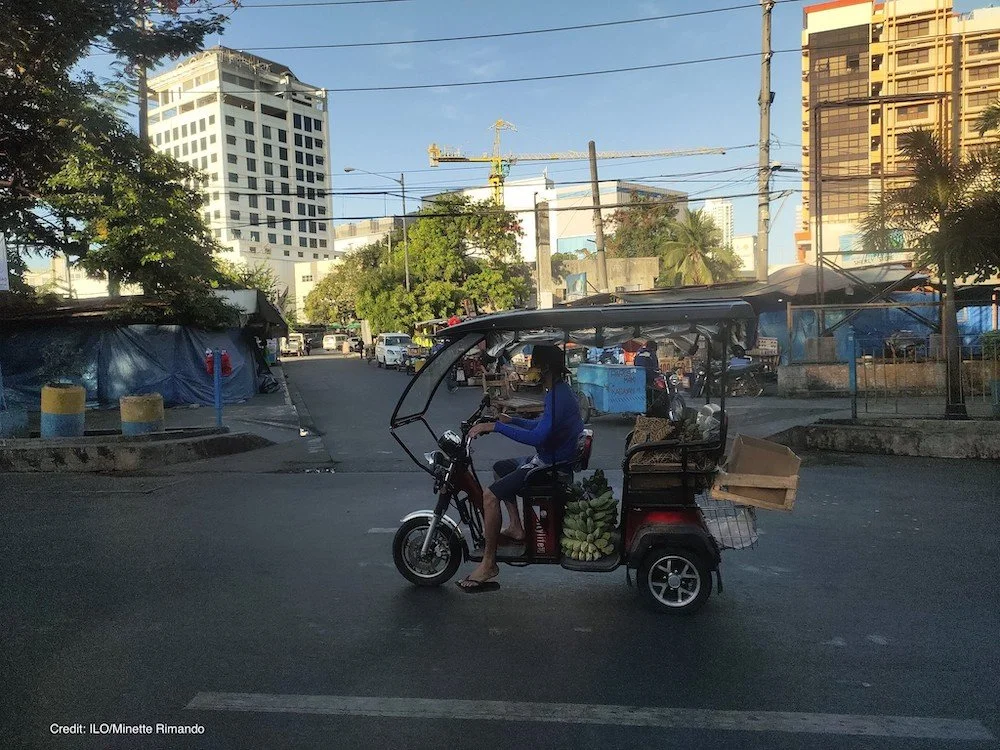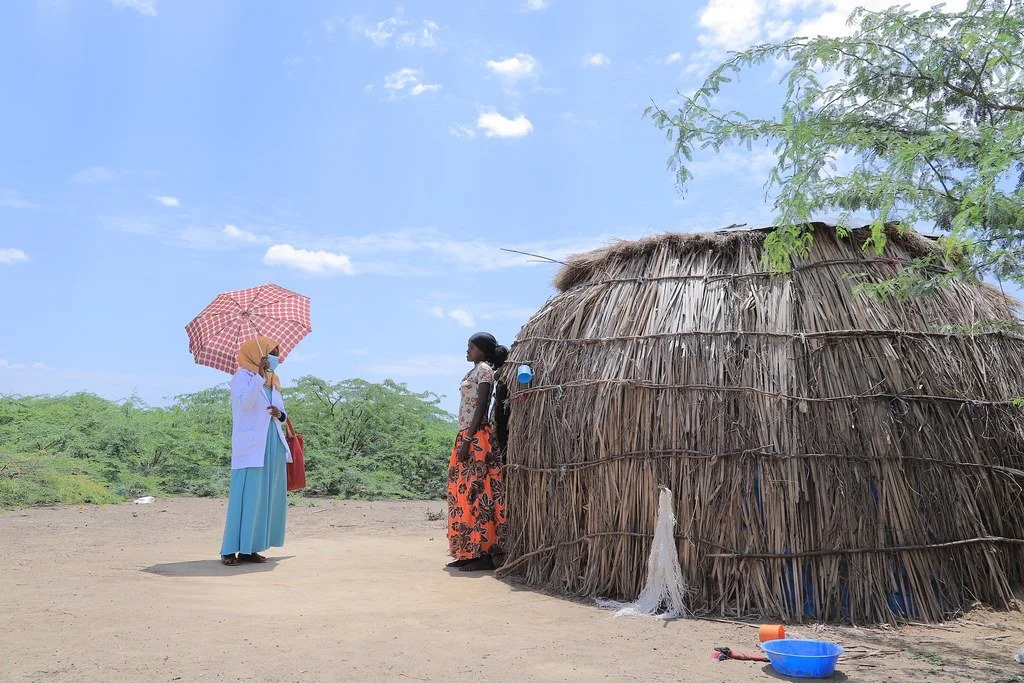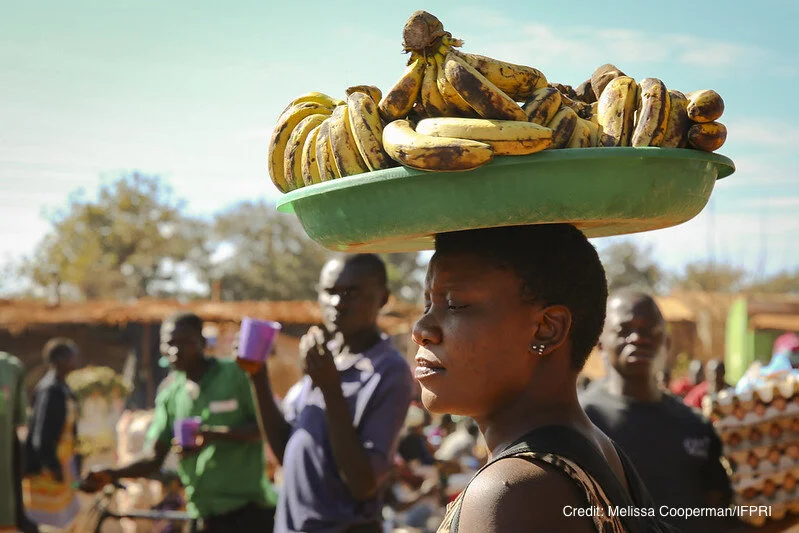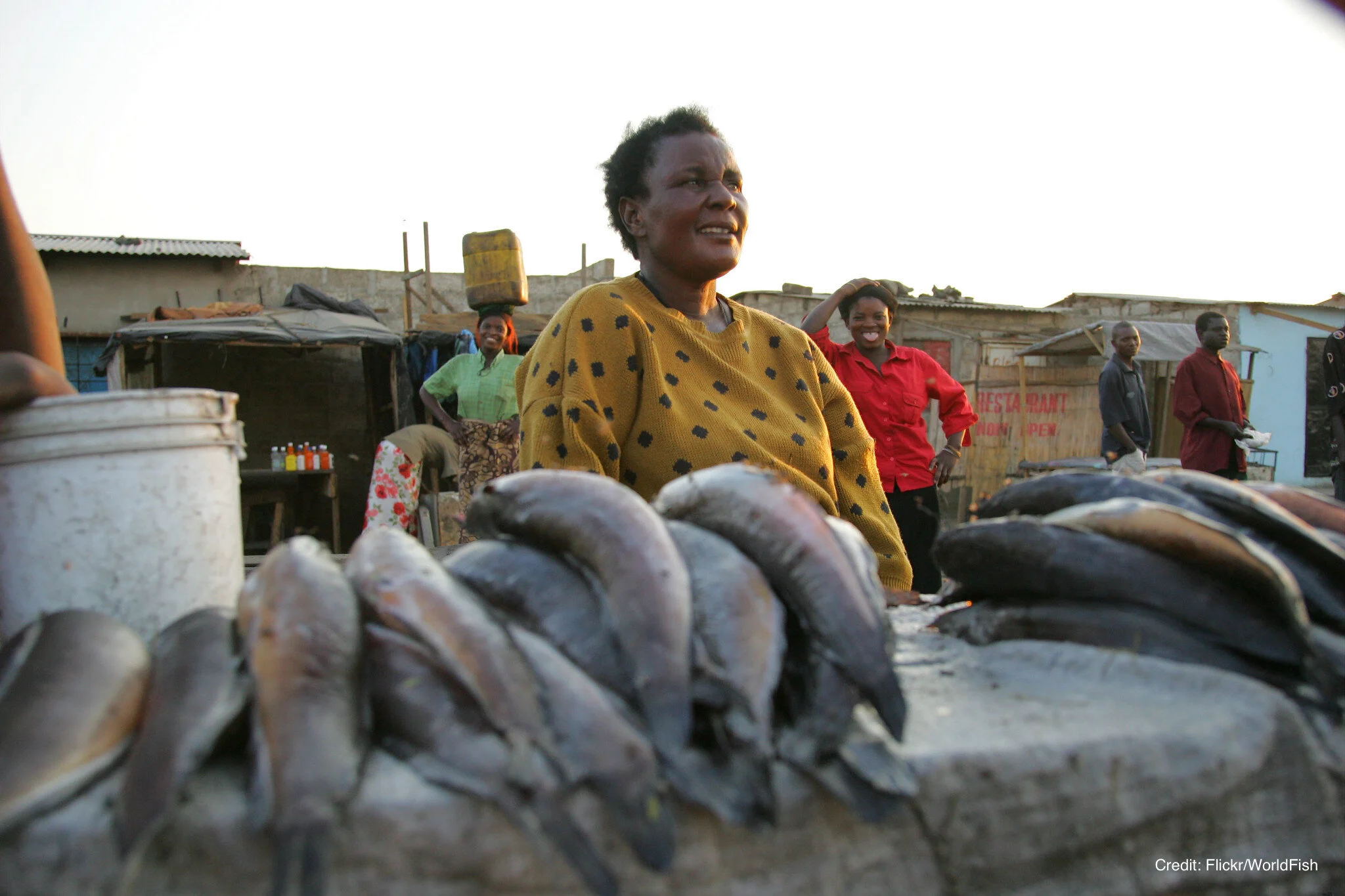In addition to the devastating impacts that Covid-19 is having on health and health systems, the pandemic is continuing to wreak havoc on social and economic activities around the world. A great deal of attention and research has been initiated around the impacts of the pandemic on economic growth, food production and service delivery. But to understand more fully what is needed to address the negative social and economic impacts of the pandemic, we must put people at the centre of this analysis. The Chronic Poverty Advisory Network’s new Covid-19 Poverty Monitoring Bulletin interviews people living in poverty, or who are at risk of impoverishment, about their experiences during the pandemic. As the world embarks on its project of ‘building back better’, the perspective of people living in poverty should be at the centre of these discussions to help build back in a way to truly seeks to eliminate poverty once and for all.
CPAN, with support from a range of network partners in affected countries, will be releasing a regular bulletin to help policy and decision-makers understand the affect Covid-19 and the policies needed to protect vulnerable communities from impoverishment and destitution.
Between September-October 2020, we began conducting telephone interviews with a small sample of people in Kenya (24) and Nepal (15) to understand any changes that the pandemic, and related government containment measures, have had on their wellbeing and the wellbeing of those around them. Every person we spoke to has had some negative impact on their wellbeing, and many are at risk of impoverishment. Those already in poverty at risk of further deprivation.
Our key findings from Kenya and Nepal are:
Older people are experiencing social isolation, due to the perception they are high risk of the virus
Informal support networks have broken down due to lockdown and movement restrictions
Children’s education is disrupted, with some indicating they won’t return to school
Caring responsibilities for children and older relatives have increased, disrupting livelihoods activities and adding stress
Livelihoods are being lost due to insecure employment, market closures, border closures and a range of other factors
Food security is being threatened due to lost income and the compounding effects of poor harvests due to climate change (Nepal) and increased prices for staples (Kenya).
Find out how we collected data in our methodology note.
Over the coming months, CPAN will be publishing regular bulletins on the impacts of Covid-19 on poverty in Kenya and Nepal and expanding these bulletins to cover Ethiopia, India, Malawi, Rwanda Zambia and Zimbabwe. We will also be publishing regular content such as interviews with policymakers, blogs, and content from network partners and other sources that help to understand the impacts of Covid-19 on the poorest and those at risk of impoverishment.

